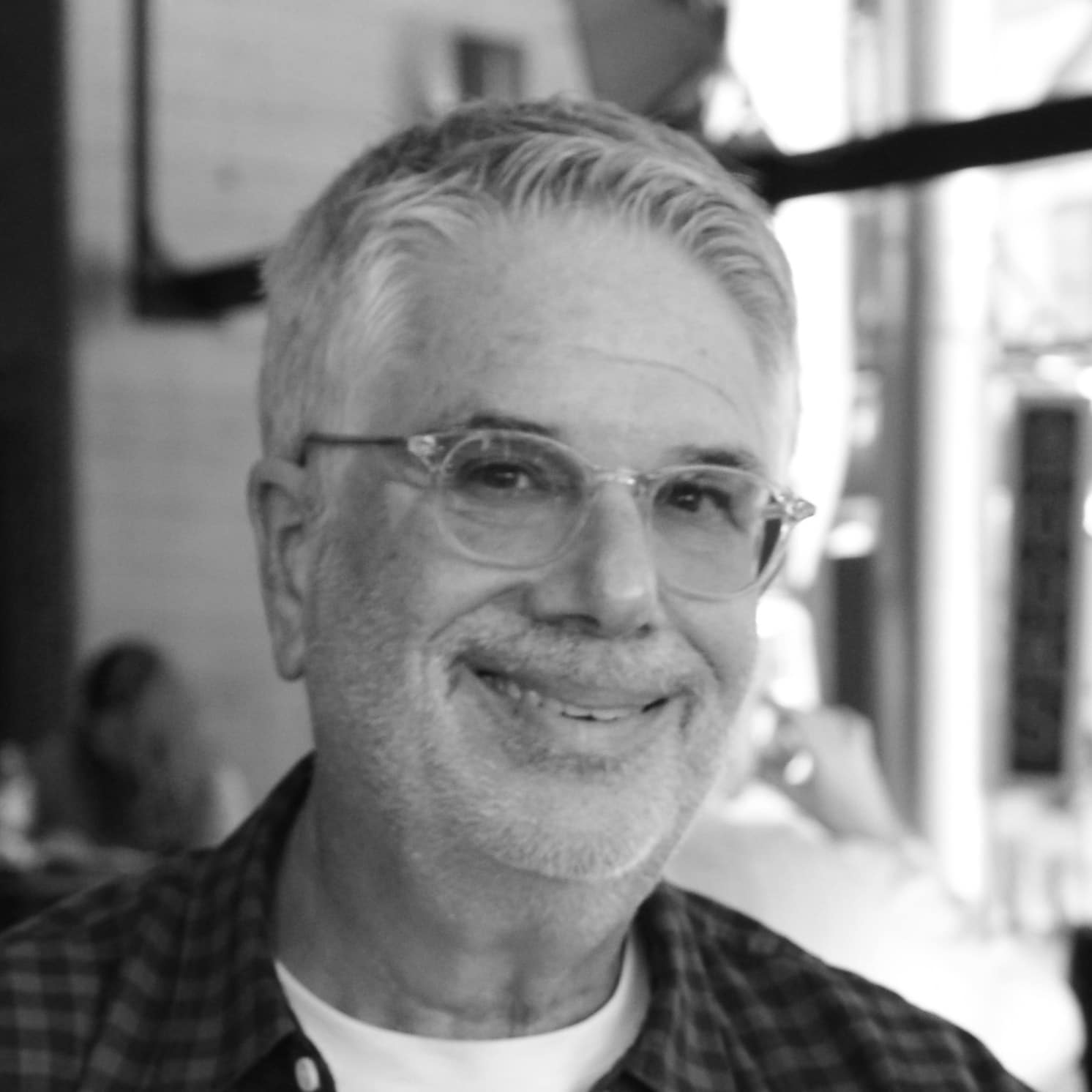 Martin Diebel/Getty Images
Martin Diebel/Getty Images Editor’s note: Second in a series
My kids suggested that I never tell this story.
They say that even though I still claim my liberal identity, I will be caught in the crosshairs of America’s culture wars, become misunderstood, vulnerable, and targeted by a social media mob. I will be seen as an old white man, as a privileged old Jew, who just doesn’t get it.
I’ve sat on this story for two years. I can’t any longer. This series is about creative aging, and inherent in aging with creativity is courage, coupled with a more urgent responsibility to speak up against injustice.
I was compelled by last week’s story about the USC School of Social Work, issuing an edict that the word “field” is to be excised from the lexicon of their professional terminology. Their students who intern are no longer going out into the field. “Field,” they believe, is a trigger word, provoking the trauma of slavery. Field is to be replaced with practicum.
If this is now an acceptable and lauded language revision, then should we Jews also revise everyday words such as camp, concentration, stripes, barracks, dog, train, smoke, gas, switch, canister, ashes, plaza, transport and shower?
It was only when I read this story that I fully understood what really happened to me after 10 years of successful, fulfilling years of teaching in the Masters of Communication program at USC-Annenberg. And why I walked out midsemester two years ago despite being told, “Don’t do this. You are one of our best professors.”
Students these days are demanding safe spaces, and universities are tying themselves in knots to provide them. Among other things, the problem with this new “safety-ism” movement is that it denies the realities of a difficult world which adult students must learn to navigate. By protecting them from any and all possible “microaggressions,” it not only infantilizes them but deceives them about what awaits them. It denies them perhaps the most crucial lesson in life: learning resilience.
What kind of message is the university conveying to students who are expected to handle the darkest aspects of life but not the word field?
Will students studying social work learn resilience if they’re no longer exposed to that dreaded word field? Seriously? For social work? The same social work where they will encounter every human pain and failing, violence, rape, drugs, death, unraveled families, abused children…that social work? What kind of message is the university conveying to students who are expected to handle the darkest aspects of life but not the word field? How prepared will they be as social workers when the crap really starts flying in their faces?
Which brings me to the story I never wanted to tell: After being accused by a few students of a microaggression, they demanded that they be allowed to rewrite my syllabus and that I allow them to hold me accountable by auditing me for further microaggressions throughout the semester.
What was my microaggression?
During a graduate class on Nonprofit Marketing, which was themed around diversity, I made a harmless suggestion on Latino night that perhaps the Latino students wanted to run that evening instead of me, as they might be more authentic facilitators. I offered to spend time preparing them outside of class. I thought it would be a learning and educating experience that they would jump at. Instead, I received an email about how “I had perpetrated a microaggression which caused them great pain and for which I needed to be held accountable.” (Being held “accountable” is a big word in the micro-aggression world.) They explained that a microaggression isn’t about the perpetrator’s intent but the impact on the victim.
I turned the letter over to the head of the department, who never brought me and the students together in dialogue, contrary to the spirit of the class. He spoke with them alone and told me how restorative the conversation had been. He requested I write a letter to the students guaranteeing that I did not hold them responsible for their actions, and would allow them to monitor me.
I asked him if he spoke to the students about the language in their letter which was like the language of a kangaroo court, where I had been accused, judged and sentenced by them. He asked me why he would do that. “We’re a communication school,” I replied. “We’re about words.”
He said, “No.”
So I quit. Two years later, at a time when practicum has replaced field, I better understand how keeping my integrity intact was an act of creative aging.
Gary Wexler woke up one morning and found he had morphed into an old Jewish guy.






















 More news and opinions than at a Shabbat dinner, right in your inbox.
More news and opinions than at a Shabbat dinner, right in your inbox.